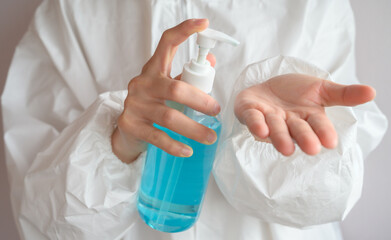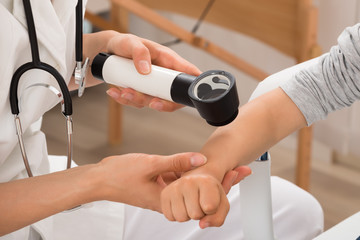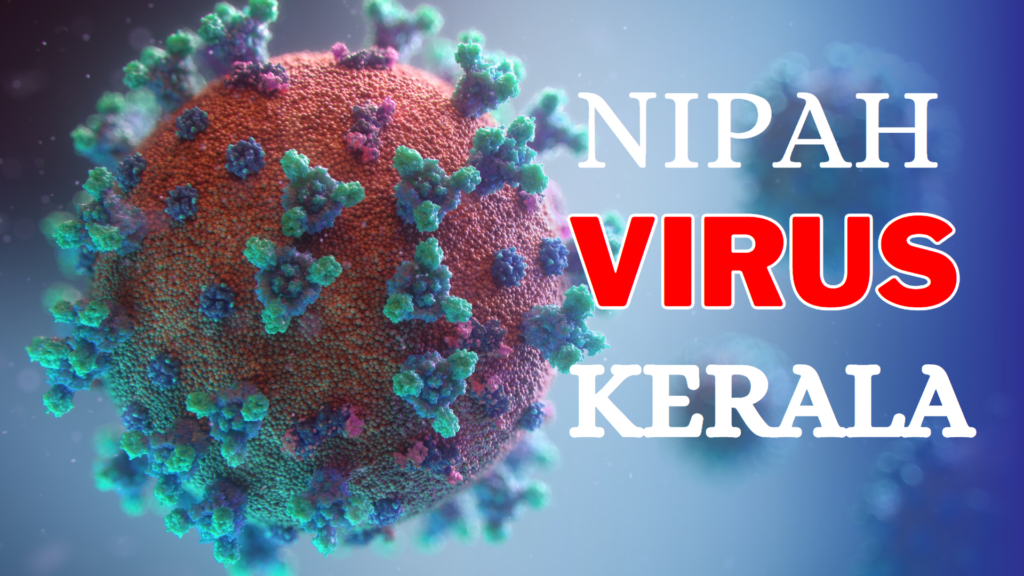Acne or pimples can be a source of frustration and insecurity, but the good news is that many effective remedies can help you combat these skin issues from the comfort of your home. In this comprehensive guide, we’ll explore various methods and strategies to remove acne or pimples naturally. By the end of this article, you’ll be equipped with a wealth of knowledge to tackle breakouts head-on and regain your confidence.
1. Understanding Acne:
Before we delve into remedies, let’s gain a deeper understanding of acne. Acne occurs when hair follicles become clogged with oil and dead skin cells. This can result in various forms of acne, including whiteheads, blackheads, pustules, and cysts. Factors such as hormones, genetics, and diet play significant roles in the development of acne.
Acne typically affects teenagers, but it can persist into adulthood. It can appear on various parts of the body, with the face being the most common area. While it’s not a serious medical condition, acne can be emotionally distressing and lead to scarring if not properly managed.

2. Building a Daily Skincare Routine
A crucial step in preventing and treating acne is establishing a consistent daily skincare routine. Here’s a breakdown of the essential steps:
- Cleansing: Begin your day and end your night with a gentle cleanser to remove dirt and excess oil. Avoid scrubbing aggressively, as this can irritate the skin.
- Toning: Apply a mild, alcohol-free toner to balance your skin’s pH levels. Toners help prepare the skin to better absorb subsequent treatments.
- Moisturizing: Hydrate your skin with a non-comedogenic moisturizer to maintain its natural barrier. Contrary to popular belief, even oily skin needs moisturizing.
- Sunscreen: Protect your skin from harmful UV rays by using a broad-spectrum sunscreen, even on cloudy days. Sunscreen prevents sunburn and reduces the risk of post-inflammatory hyper pigmentation caused by acne.

3. Exploring Natural Remedies for Acne
Natural remedies can be effective in managing acne. Let’s delve into some tried-and-true options:
a. Tea Tree Oil: Dilute tea tree oil with a carrier oil (like jojoba or coconut oil) and apply it directly to blemishes. Its antimicrobial properties can reduce inflammation and combat acne-causing bacteria.
b. Honey and Cinnamon Mask: Create a paste by mixing honey and cinnamon. Apply this mixture to your face, leave it on for 10-15 minutes, and rinse it off. Honey’s antibacterial properties can help combat acne, while cinnamon’s anti-inflammatory effects reduce redness and swelling.
c. Aloe Vera Gel: Apply pure aloe Vera gel to soothe irritated skin and reduce redness. Aloe Vera has natural anti-inflammatory and antimicrobial properties.
d. Apple Cider Vinegar Toner: Dilute apple cider vinegar with water (use a 1:3 ratio) and use it as a toner. Apple cider vinegar can help balance the skin’s pH, reduce excess oil, and exfoliate dead skin cells.
e. Turmeric Paste: Mix turmeric powder with water to form a paste. Apply it to acne-prone areas and rinse it off after 15 minutes. Turmeric’s anti-inflammatory properties can reduce redness and swelling. Be cautious, as turmeric can stain clothing and bedding.
Read More: Nipah Virus Kerala: All You Need to Know, Including Symptoms, Treatment, and Prevention
4. Lifestyle and Dietary Adjustments
Your lifestyle and dietary choices can significantly impact your skin’s health:
a. Stay Hydrated: Drinking an adequate amount of water keeps your skin hydrated and helps flush out toxins. Aim for at least eight glasses of water a day.
b. Balanced Diet: Opt for a diet rich in fruits, vegetables, whole grains, and lean proteins. These foods are packed with essential nutrients and antioxidants that promote skin health. Minimize the consumption of dairy and high-sugar foods, which can trigger acne in some individuals.
c. Regular Exercise: Engaging in regular physical activity reduces stress, a known trigger for acne. Exercise also promotes healthy circulation and oxygenates the skin, helping it look vibrant and clear.
d. Quality Sleep: Ensure you get enough restorative sleep, as this is when your skin undergoes repair and regeneration. Lack of sleep can lead to increased stress and exacerbate acne.

5. Things to Avoid for Clearer Skin
Certain habits and products can exacerbate acne. Here’s what to steer clear of:
a. Picking or Squeezing: Avoid touching your face or popping pimples, as this can worsen inflammation and lead to scarring. It’s tempting, but it’s best to resist the urge.
b. Harsh Skincare Products: Refrain from using abrasive scrubs or products containing high alcohol content, as these can irritate the skin and strip it of its natural oils. Opt for gentle, Non-comedogenic products.
c. Non-Comedogenic Makeup: If you wear makeup, choose Non-comedogenic or oil-free products to prevent clogged pores. Be diligent about removing makeup before bedtime.
d. Excessive Sun Exposure: While a little sun can initially improve acne due to its drying effect, prolonged sun exposure can worsen acne and lead to more significant skin problems. Protect your skin from excessive sun exposure by using sunscreen. Sunburn can lead to more acne and scarring.

6. Knowing When to Seek Professional Help
While home remedies work well for many people, severe or persistent acne may require professional intervention. Consider consulting a dermatologist if:
- Your acne is severe and widespread.
- Home remedies and over-the-counter treatments haven’t yielded results.
- Acne is causing emotional distress or scarring.
- A dermatologist can provide personalized treatment options, including prescription medications and procedures such as chemical peels or laser therapy. They can also determine if there’s an underlying medical condition contributing to your acne.
7. Holistic Approaches to Long-Term Skin Health
Achieving clear, radiant skin goes beyond addressing current acne. Adopt a holistic approach to long-term skin health:
a. Stress Management: Incorporate stress-reduction techniques such as meditation, yoga, or deep breathing exercises into your daily routine. Chronic stress can trigger hormonal fluctuations that contribute to acne.
b. Regular Check-Ups: Visit a dermatologist for periodic skin assessments and advice on maintaining healthy skin. They can recommend products and treatments tailored to your skin type and specific concerns.
c. Consistency: Stick to your skincare routine and dietary adjustments consistently for lasting results. It may take time for your skin to show significant improvement, so patience is key.
8. Conclusion: Embrace Your Radiant Skin
In conclusion, addressing and preventing acne at home is both feasible and effective with the right knowledge and approach. Understanding the causes of acne, establishing a daily skincare routine, exploring natural remedies, making lifestyle and dietary adjustments, and knowing when to seek professional help are essential steps toward achieving clear, healthy skin. Embrace your radiant skin and the newfound confidence that comes with it.
Remember that everyone’s skin is unique, so it may take some trial and error to find the combination of strategies that work best for you. Be patient and persistent, and you’ll be well on your way to a clearer complexion and improved self-esteem. With dedication and a holistic approach to skin health, you can confidently face the world with the glowing, blemish-free skin you deserve.










Pingback: Nipah Virus Kerala: All You Need to Know, Including Symptoms, Treatment, and Prevention - Ansari Sahab